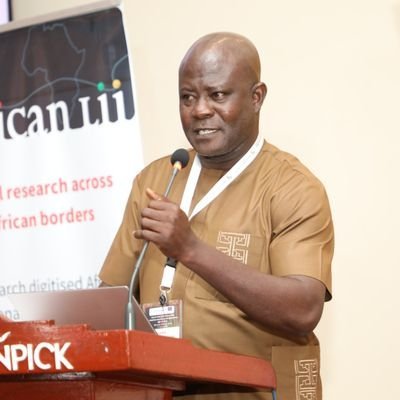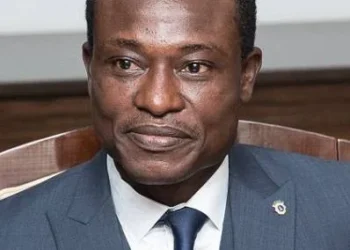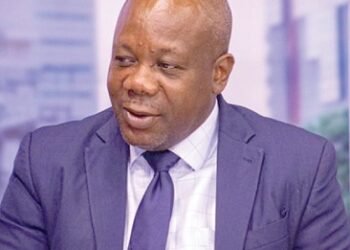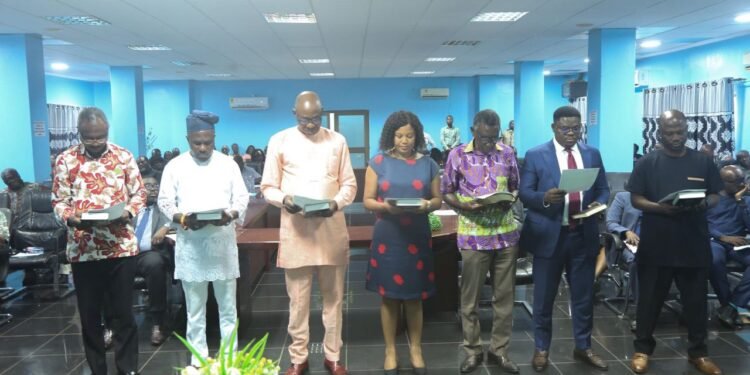The Ghana Center for Democratic Development (CDD-Ghana) has raised serious concern over the deepening entrenchment of illegal mining, popularly known as galamsey, within Ghanaian communities, warning that the once-condemned activity has evolved into a “wholesale venture.”
According to the think tank, galamsey is now sustained by the active participation and protection of community members, traditional authorities, and local officials.
Programme Manager for Security Sector Governance at CDD-Ghana, Paul Nana Kwabena Aborampah Mensah, said the situation has worsened because those who once opposed the practice now benefit directly from it, eroding the moral foundation needed to combat the menace.
“People don’t appreciate the situation when they are discussing things from outside. The collaboration, the coordination, the support has gone through several transitions.
“First the community people were themselves complaining about the extraction of their farms. The pastors, the imams, the people in the communities were all supporting the national action against galamsey but now you see a transition”
Paul Nana Kwabena Aborampah Mensah, Programme Manager for Security Sector Governance at CDD-Ghana

According to him, that alignment in the early stages of the galamsey fight, where communities worked with the government to protect farmlands and water bodies shifted dramatically as galamsey became a major economic activity for many residents.
“The people who were previously crying, calling for state support are now immersed in the stands, and the people residing outside the communities are crying more than the people in the communities. Even the police officers who have stayed in some districts for quite a long time are now complicit. Galamsey has now become a source of their bread”
Paul Nana Kwabena Aborampah Mensah, Programme Manager for Security Sector Governance at CDD-Ghana
Mr Mensah strongly cautioned that this normalization of galamsey as a livelihood means local resistance to the practice has collapsed, making enforcement even more difficult. He therefore called for what he described as a deliberate, ruthless military-backed operation to tackle the menace.
Galamsey Expansion
CDD-Ghana further attributed the persistence of illegal mining to greed, quick-money mentality, and the public’s attraction to easy wealth, motivations that continue to undermine government-led alternative livelihood programmes.
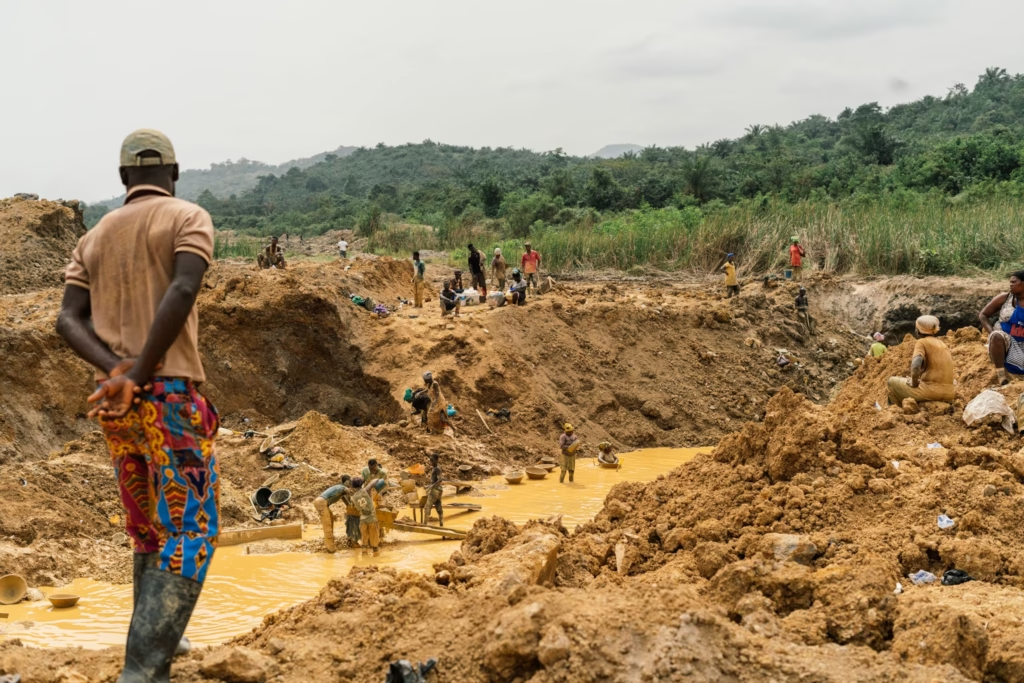
Mr. Mensah said that while governments have rolled out several interventions to provide sustainable livelihoods, these efforts have failed and will likely continue to fail because many people view galamsey as a faster and more rewarding option.
“Various government agencies are putting in place so many mechanisms to ensure that people do not go there (Illegal Mining). They itemised planting for trees at galamsey sites to recover lands that have been destroyed by galamsey, people did not enter into it.
“They gave free seedlings and covering of some aspects, including money for people to go into farming. People did not accept it”
Paul Nana Kwabena Aborampah Mensah, Programme Manager for Security Sector Governance at CDD-Ghana
He noted that for these people, galamsey is paying higher than any other vocation they have in their constituencies or any other government alternatives. The youth – both men and women – for example, are no longer enthused to work even in the cocoa farms, which was once very sought after.
“The galamsey payment is higher and is easier to do by all categories of people,” he said, further explaining that for any future livelihood alternatives to succeed, they must be designed to compete directly with the financial appeal of galamsey, as well as be accessible to all groups of people. “It’s just like you are giving money for retrieval of guns,” Mr. Mensah added.

CDD-Ghana’s warning underscores the complex social and economic web that sustains illegal mining in Ghana. The think tank insists that without addressing the community-level complicity and the lure of quick wealth, no policy or enforcement strategy will succeed in ending the galamsey crisis.
READ ALSO: Ghana’s Banks Lose Nearly GH¢900m to Bad Loans in 6 Months as NPLs Hit GH¢20.7bn

